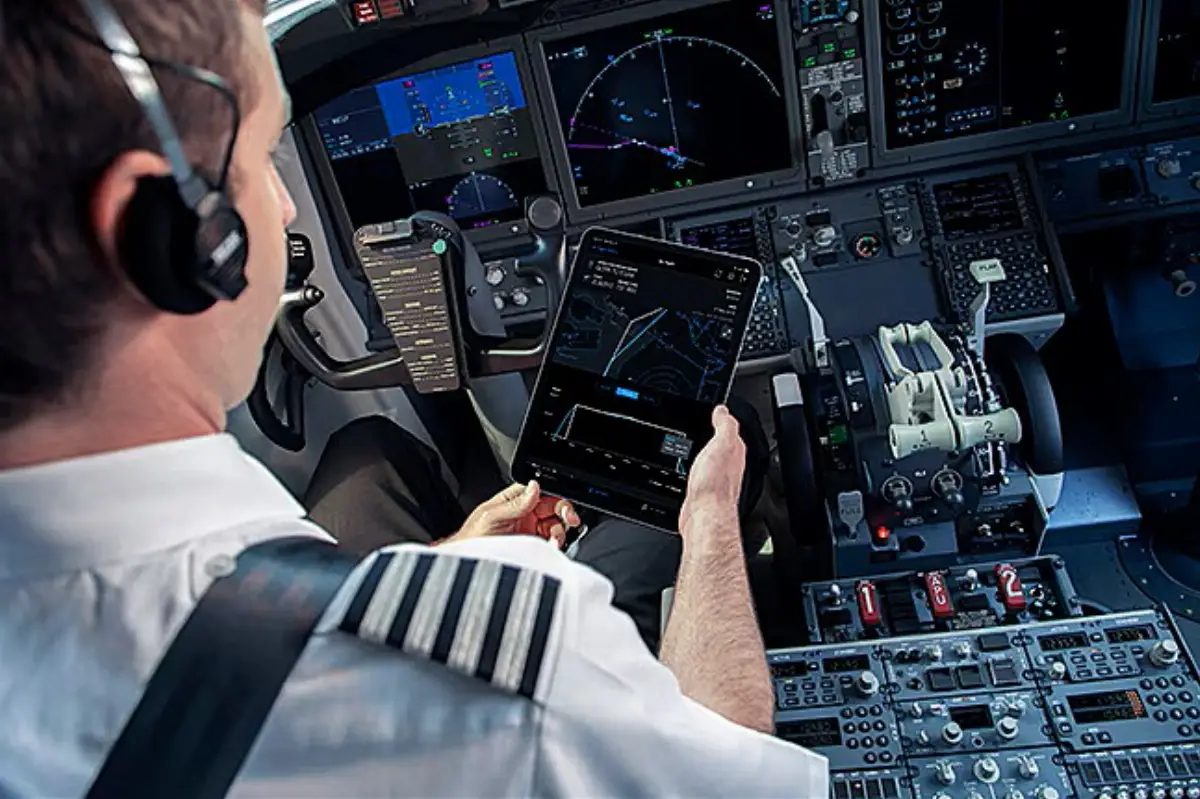
Strategic restructuring: Boeing sells Jeppesen and ForeFlight to Thoma Bravo
The financial transaction of more than $10 billion will allow the aerospace giant to strengthen its balance sheet

The divested software operations give rise to the new entity Jeppesen ForeFlight, which focuses on innovation and artificial intelligence
Boeing has completed the sale of crucial assets from its Digital Aviation Solutions unit to software investment firm Thoma Bravo in an all-cash transaction valued at $10.55 billion. This was disclosed in a brief statement issued today by the Seattle giant. The divestiture, announced on April 22, closed today following the necessary regulatory approvals. The agreement transfers some of Boeing's best-known software and data units, including the Jeppesen, ForeFlight, AerData and OzRunways platforms, to Thoma Bravo, one of the leading private equity firms in the software sector (see AVIONEWS).
Boeing's Focus on Its Core Business
Boeing's primary objective with this major divestiture, one of the largest in recent years, is twofold: to strengthen its capital structure and strategically concentrate on core activities. CEO Kelly Ortberg had previously emphasized that the sale is crucial to rebalance the balance sheet, reduce debt and maintain an investment-grade credit rating. Boeing will continue to directly operate essential digital services related to fleet maintenance, diagnostics and repair for commercial and Defense customers, keeping them within the Boeing Global Services division led by Chris Raymond.
Jeppesen ForeFlight is Born, an Independent Giant in Aviation Software
The divested activities will be combined into a new independent company called Jeppesen ForeFlight, with offices in Denver and San Francisco. The new entity will be led by Brad Surak, formerly head of Digital Aviation Solutions at Boeing.
The combination brings together Jeppesen's 90 years of aeronautical data expertise, considered a global reference standard, with ForeFlight's modern technology for flight planning on mobile and web platforms. The software company's goal is to create the most unified and intuitive platform in the industry, serving commercial, military and general aviation markets worldwide. The change in ownership represents for management a return to independence, which will allow them to "move faster, think bigger and innovate", as stated by Surak.
Thoma Bravo's Vision: Growth and Innovation
Thoma Bravo, which manages over $181 billion in assets, sees Jeppesen ForeFlight as a "world-class vertical software and data business". The investment firm has announced plans to support significant growth, planning targeted investments in key areas such as artificial intelligence, tools for integrated operations and potential strategic acquisitions to accelerate global expansion. Approximately 3,900 employees were part of Boeing's Digital Aviation Solutions, including those now transferring to Jeppesen ForeFlight. Both companies have said they collaborated to ensure a smooth transition for staff and customers.
In-depth look: post-divestiture strategies. Strategic and portfolio details
- Jeppesen ForeFlight (under Thoma Bravo): The investment firm Thoma Bravo aims to expand the capabilities of the new entity, particularly through investment in Artificial Intelligence (AI) and the development of tools for integrated flight operations. The objective is to accelerate global growth and consolidate its position in the aviation software market.
- Boeing (retained digital services): The aerospace giant retains a portfolio of "essential" digital services that leverage aircraft-specific data. These include solutions for fleet operations, predictive maintenance, diagnostic systems and repair (MRO) services for commercial and Defense customers, consolidating its role in long-term logistical and operational support.
Implications for the aviation market
This $10.55 billion transaction has significant implications for the entire aeronautical ecosystem, particularly for general aviation. The creation of Jeppesen ForeFlight as an autonomous entity under the aegis of a software-specialist firm like Thoma Bravo is a strong signal: it indicates that the future of aviation increasingly lies in rapid digital innovation. Freed from the complex dynamics of a large manufacturing company like Boeing, the new company will have the opportunity to focus investments on developing new technologies, such as AI for route planning and data integration.
This should translate into faster updates and more integrated products for pilots, especially those who rely on mobile flight planning. In essence, Thoma Bravo's focus on pure software is expected to accelerate the pace of digital transformation for thousands of air operators worldwide.
AVIONEWS - World Aeronautical Press Agency